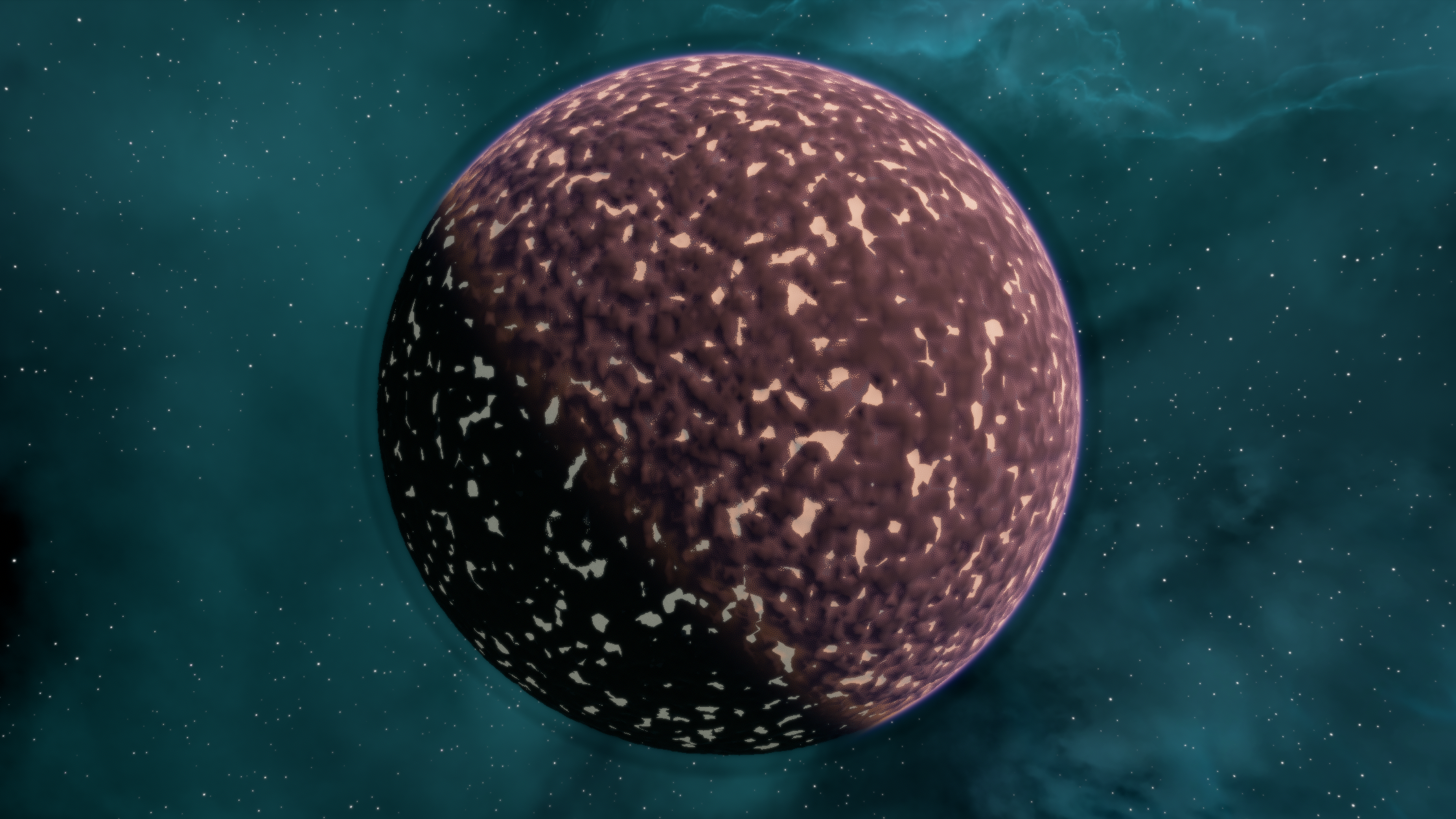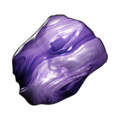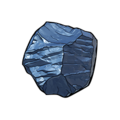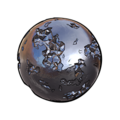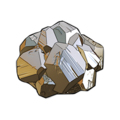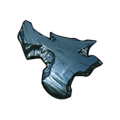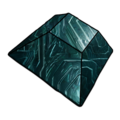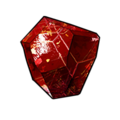Difference between revisions of "Mélusine"
| (2 intermediate revisions by one other user not shown) | |||
| Line 17: | Line 17: | ||
|location=31st moon of [[Eos]] | |location=31st moon of [[Eos]] | ||
|orbitalDistance=~ 127,000 km | |orbitalDistance=~ 127,000 km | ||
|satellites=<ul><li>[[ | |satellites=<ul><li>[[Canens]]</li><li>[[Vilkacis]]</li></ul> | ||
}} | }} | ||
{{SB Infobox Celestial Body Physical Characteristics | {{SB Infobox Celestial Body Physical Characteristics | ||
| Line 45: | Line 45: | ||
}} | }} | ||
}} | }} | ||
<section begin=summary/>'''Mélusine''' ({{IPAc-en|ˈ|m|i:|.|lj|u:|.|ˌ|z|i:|. | <section begin=summary/>'''Mélusine''' ({{IPAc-en|ˈ|m|i:|.|lj|u:|.|ˌ|z|i:|n|.|(|ɛ|)}}) is the fourth most distant moon of [[Eos]]. Owing to its short atmospheric height, the pinkish violet hue of its sky can only be seen at near-tangential angles, or from the surface. However, its atmosphere is unique in that its upper section seems to absorb light, which appears as a dark halo around the entire circumference of the moon. Though it may appear from above as though its flooded with lava, the light spots on Mélusine's surface are actually a sandy sub-layer of its crust, which lie between its many tall plateaus.<section end=summary/> | ||
== Nomenclature == <!-- This is way more context than anyone really needs, but it pads out the page nicely. --> | == Nomenclature == <!-- This is way more context than anyone really needs, but it pads out the page nicely. --> | ||
| Line 59: | Line 59: | ||
{{QuoteLit|<span><br>Unto her now, showing there, full white,<br>like as is the snow a fair branch upon,<br>the body well made, fraught in holy plait,<br>the visage pure, fresh, cleanly her person,<br>to properly speak of her fashion,<br>Now none fairer nor more reverent,<br>But a tail [she] had, beneath, of serpent!</span>|''The Romans of Partenay, or of Lusignen: Otherwise Known as the Tale of Melusine'' (Translated) (2801)}} | {{QuoteLit|<span><br>Unto her now, showing there, full white,<br>like as is the snow a fair branch upon,<br>the body well made, fraught in holy plait,<br>the visage pure, fresh, cleanly her person,<br>to properly speak of her fashion,<br>Now none fairer nor more reverent,<br>But a tail [she] had, beneath, of serpent!</span>|''The Romans of Partenay, or of Lusignen: Otherwise Known as the Tale of Melusine'' (Translated) (2801)}} | ||
[[Category:Moons]] | |||
[[Category:Atmosphere - Surtrite]] | [[Category:Atmosphere - Surtrite]] | ||
Latest revision as of 00:54, 4 August 2024
(French) - IPA(key)
Mélusine (/ˈmiː.ljuː.ˌziːn.(ɛ)/) is the fourth most distant moon of Eos. Owing to its short atmospheric height, the pinkish violet hue of its sky can only be seen at near-tangential angles, or from the surface. However, its atmosphere is unique in that its upper section seems to absorb light, which appears as a dark halo around the entire circumference of the moon. Though it may appear from above as though its flooded with lava, the light spots on Mélusine's surface are actually a sandy sub-layer of its crust, which lie between its many tall plateaus.
Nomenclature
From French mythology, the Mélusine is a type of water spirit, commonly thought to occupy holy wells or rivers. She is usually depicted as a woman who is a serpent or fish from the waist down, and is sometimes illustrated with wings, two tails, or both.
In its most famous legend, Mélusine is the daughter of a fay named Pressine, whom, after Mélusine brings vengeance upon her father for betraying Pressine, curses her to take the form of a two-tailed serpent from the waist down every Saturday. If Mélusine were ever to marry, her spouse must agree to never see her on Saturdays; if he keeps the oath, Mélusine will live a contented life with him, but if he breaks it and violates her privacy, she will stay a serpent and spend three days lamenting whenever a descendant dies.
Nevertheless, one day, a distraught Count Raymondin of Poitiers comes across Mélusine after accidentally killing his uncle. Mélusine consoles him, and when he proposes to her, she lays down the condition that he must never see her on a Saturday. For ten years, Raymondin keeps his promises, and Mélusine bears him ten sons and organizes the construction of marvelous castles via her mystical powers.
Inevitably, Mélusine's husband betrays her trust and learns her true form. He keeps his transgression a secret, until one of their now-adult sons murders his brother, perhaps crazed by the same motive that drove Mélusine herself decades prior. Before his court, the grieving Raymondin blames Mélusine and accuses her of being a serpent. In a wail, she assumes the form of a dragon and flies off and is never seen again by any mortal eyes, leaving only two magic rings in her stead. In secret, she returns at night to nurse her two youngest children, who are still infants.
Unto her now, showing there, full white,
like as is the snow a fair branch upon,
the body well made, fraught in holy plait,
the visage pure, fresh, cleanly her person,
to properly speak of her fashion,
Now none fairer nor more reverent,
But a tail [she] had, beneath, of serpent!
